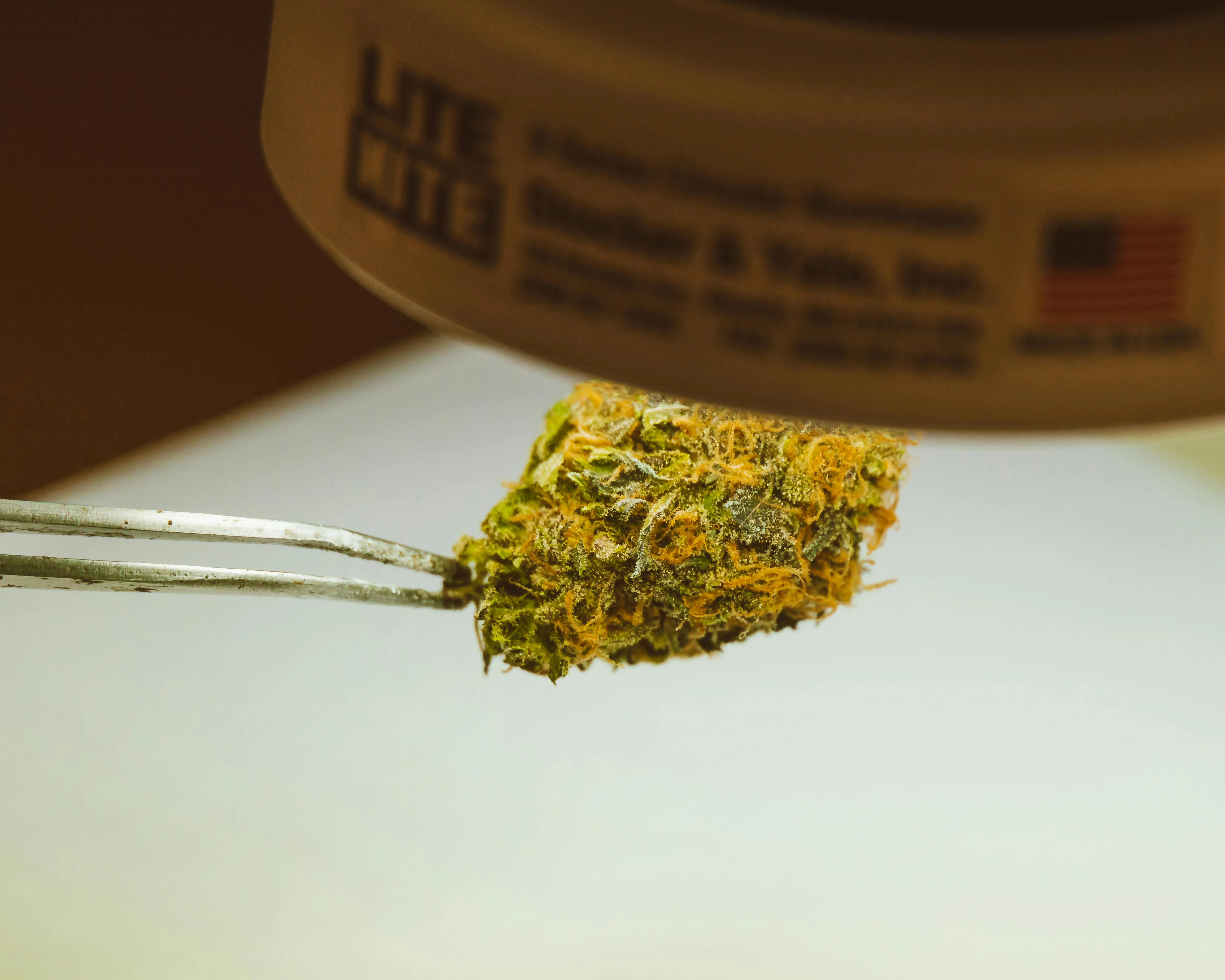Unlocking Nature’s Pharmacy: A Guide to Herbal Provisions
Have you ever felt the urge to connect with nature’s healing power? Maybe your grandmother swore by chamomile tea for a good night’s sleep, or perhaps you’ve heard whispers about turmeric’s anti-inflammatory magic. Welcome to the world of herbal provisions – a treasure trove of natural remedies waiting to be explored!
Herbal provisions encompass a wide range of plant-based ingredients used for their medicinal and therapeutic properties. From soothing teas and aromatic essential oils to potent tinctures and nourishing salves, these gifts from nature have been cherished for centuries across cultures worldwide.
But what exactly are herbal provisions, and how can they benefit you? Let’s delve into this fascinating world!
Understanding Herbal Provisions:
Herbal provisions utilize the various parts of plants – leaves, flowers, roots, stems, seeds – to create remedies for a multitude of ailments. These plant parts contain potent compounds called phytochemicals, which interact with our bodies in remarkable ways. Some phytochemicals have anti-inflammatory properties, while others boost the immune system or act as natural painkillers.
The beauty of herbal provisions lies in their holistic approach. Unlike synthetic pharmaceuticals that often target specific symptoms, herbs work synergistically, addressing the root cause of imbalances and promoting overall well-being.
Popular Herbal Allies:
There’s a vast world of herbs out there, each with its own unique set of benefits. Here are some popular examples:
* Chamomile: This gentle herb is renowned for its calming effects, making it perfect for soothing anxiety, promoting sleep, and easing digestive discomfort.
* Lavender: Known for its floral scent, lavender oil can help reduce stress, improve sleep quality, and alleviate headaches.
* Turmeric: This vibrant spice boasts powerful anti-inflammatory properties thanks to its active compound curcumin. It’s been linked to pain relief, improved joint health, and even cognitive benefits.
* Echinacea: This immune-boosting herb can help fight off colds and flu by stimulating the body’s natural defenses.
* Ginger: A staple in many cuisines, ginger is an excellent remedy for nausea, motion sickness, and digestive issues.
Choosing and Using Herbal Provisions Safely:
While herbs are generally safe when used appropriately, it’s important to remember they are potent substances.
Here are some key points to keep in mind:
* Consult a Healthcare Professional: Always consult with your doctor or a qualified herbalist before using herbs, especially if you have any pre-existing health conditions or are taking medications.
* Quality Matters: Choose high-quality herbs from reputable sources. Look for organic options whenever possible to avoid pesticides and other harmful chemicals.
* Start Slow: Begin with small doses and gradually increase as needed. Observe how your body reacts and adjust accordingly.
* Listen to Your Body: If you experience any adverse effects, discontinue use immediately and consult a healthcare professional.
Exploring the World of Herbal Provisions:
There are countless ways to incorporate herbal provisions into your daily life:
* Teas: Enjoying a cup of chamomile tea before bedtime can promote relaxation and restful sleep.
* Tinctures: These concentrated extracts are convenient and effective for addressing specific ailments like anxiety or digestive issues.
* Essential Oils: Diffuse lavender oil to create a calming atmosphere, or add peppermint oil to a carrier oil for soothing muscle aches.
* Salves and Balms: Apply calendula salve to minor cuts and scrapes for its healing properties, or use a eucalyptus balm to relieve congestion.
Remember, the world of herbal provisions is vast and fascinating. Start exploring, listen to your body, and discover the natural power within these botanical treasures!